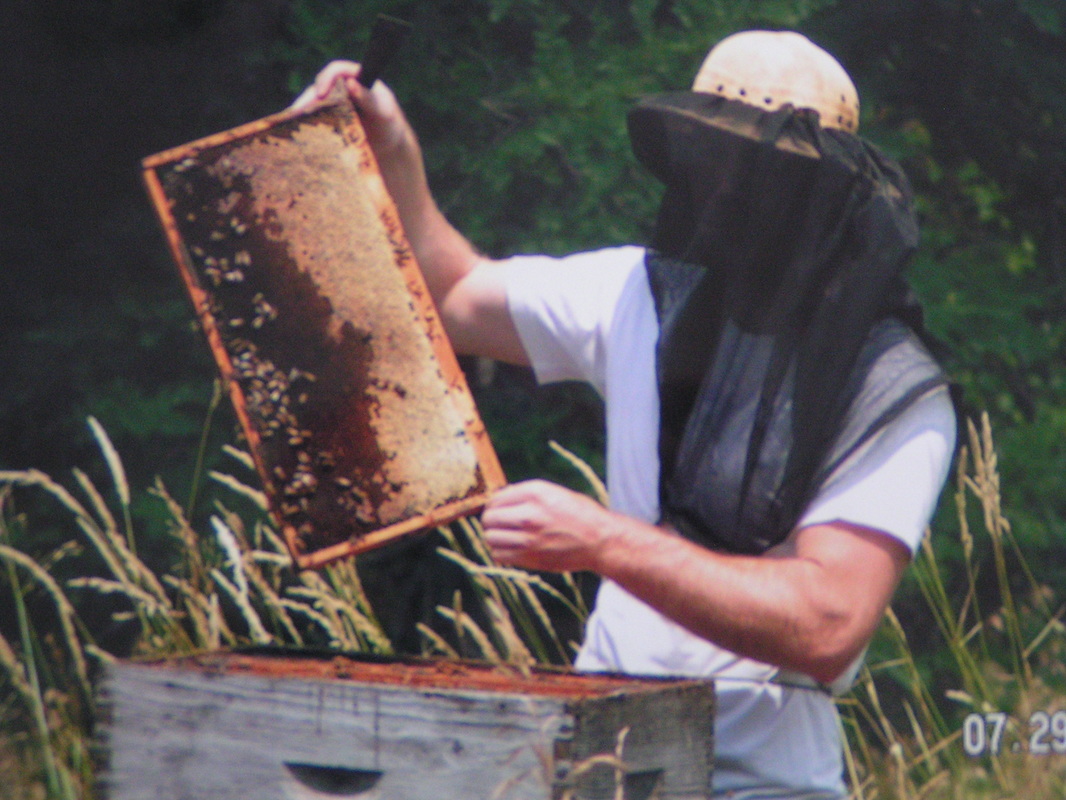Whatever the EU decision, this vote will not be the end of the story. The proposed ban will buy some time for scientists and policy-makers to understand more about how neonicotinoids affect bee populations. For despite what both sides of the argument say, the link between bee declines and neonicotinoids is far from clear. I gave evidence to a UK parliamentary inquiry on the issue late last year, and my experience offers a useful window on how science informs public debate and policy-making — and, in the case of the public debate, how it does not...
The assertion that a ban on neonicotinoids in Europe will save bees from extinction is absurd. There are bee species around the world in genuine danger of extinction, such as the once-common rusty-patched bumblebee in the United States, which has vanished from 87% of its historic range since the early 1990s. Diseases, rather than pesticides, are suspected of driving that decline. And although there have been dramatic falls in the numbers of managed honey bee Apis mellifera colonies in some countries, it remains a widespread and common bee, not in imminent danger of extinction."
Bees, lies and evidence-based policy
by Lynn Dicks
You could say the same about the government/media hysteria over global warming or what makes for a healthy diet. Gun control, abortion, immigration, health-care, you name it... the government seems to jump on whatever bandwagon it can find. Then they ask (I should say force) you and me to pay for it all.

 RSS Feed
RSS Feed
